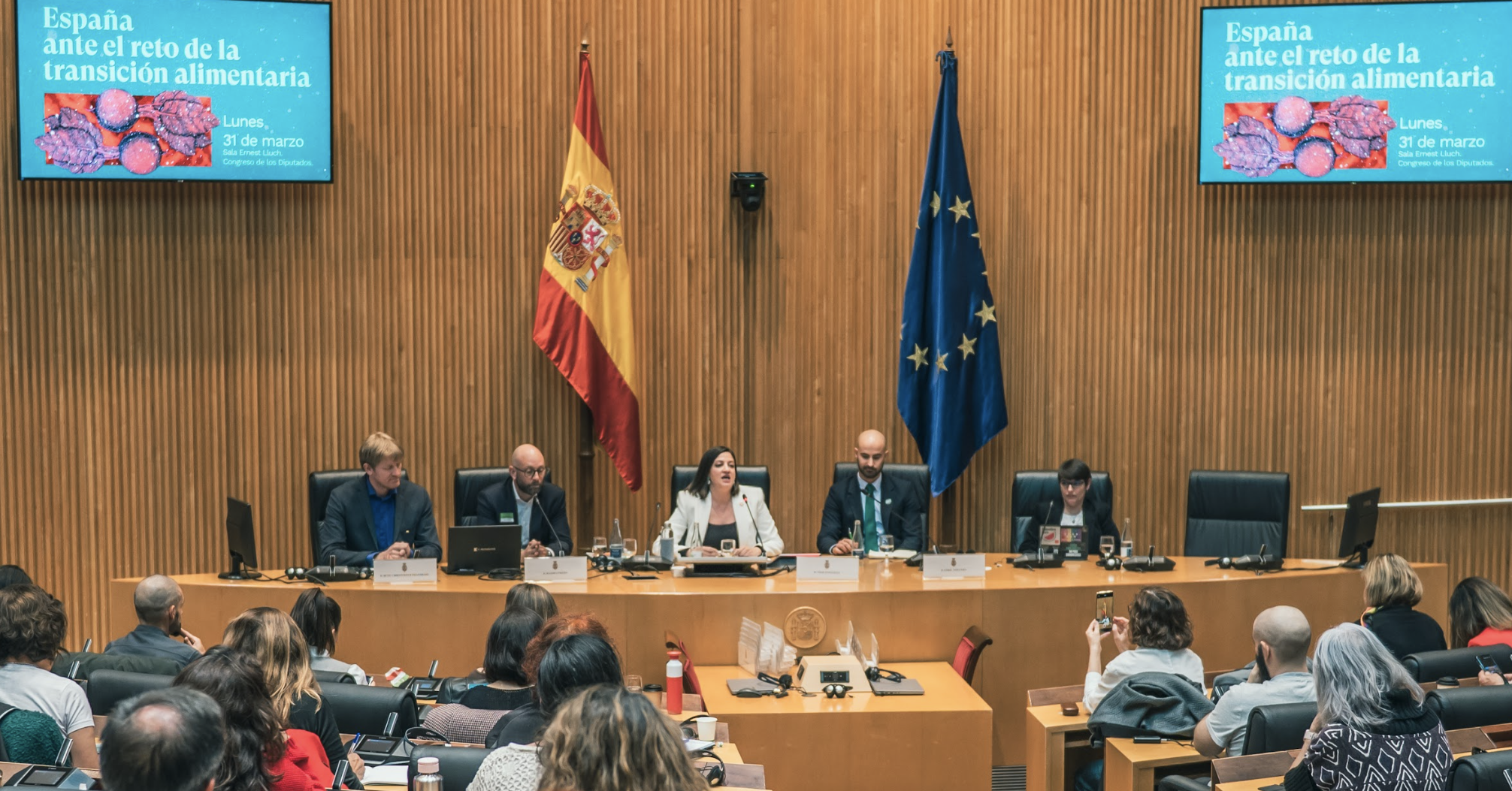Tesco, the largest retailer in the United Kingdom, has published a comprehensive decapod crustacean welfare policy. As one of the world’s largest retailers by revenue, Tesco’s public commitment to ensuring high welfare throughout the lifecycle (farming, transport and slaughter) of farmed decapod crustaceans in its supply chain, is a bold and significant step towards recognizing the sentience of these animals. This policy will undoubtedly ignite a positive ripple effect across the retail world.
Deadlines will vary for each target, and specific improvements include:
- Tesco will not sell any live decapod crustaceans in stores and online.
- By 2026, 100% of the farmed Penaeus vannamei shrimp will be electrically stunned. Tesco affirms that it is exploring the practicalities of implementing this across P. Monodon supply chains with suppliers.
- 100% of the suppliers will comply with recognized farm assurance schemes (certifiers), such as ASC, Global GAP or BAP 4.
- 100% of the suppliers will achieve a Forage Fish/Oil Dependency Ratio of <1 by 2030.
- 100% of shrimp broodstock used to produce the post-larvae (PL) for Tesco will be ablation-free by 2026 (Penaeus Vannamei) or 2027 (Penaeus Monodon).
You can read more about it here.
Scale: UK
Timeline: Outreach started in April 2023.
Who: Aquatic Life Institute and other organizations that prefer not to be publicly mentioned.
Failed tactics: none
Successful tactics: Aquatic Life Institute (ALI) focused on educating the company about aquatic animal welfare and encouraging them to improve its current standards. ALI has been in close contact with Tesco’s Sustainable Fisheries & Aquaculture Manager, sharing science-based resources to support their decision-making progress and providing feedback on policy draft.
Scalability: According to the calculations provided by Tesco directly, this commitment could impact approximately 689,235,583 individual animals.
Follow-up: We will keep in touch to continue supporting them in achieving the commitment 100% and pushing the company to implement electric stunning for 100% of the shrimp in their supply chain.


